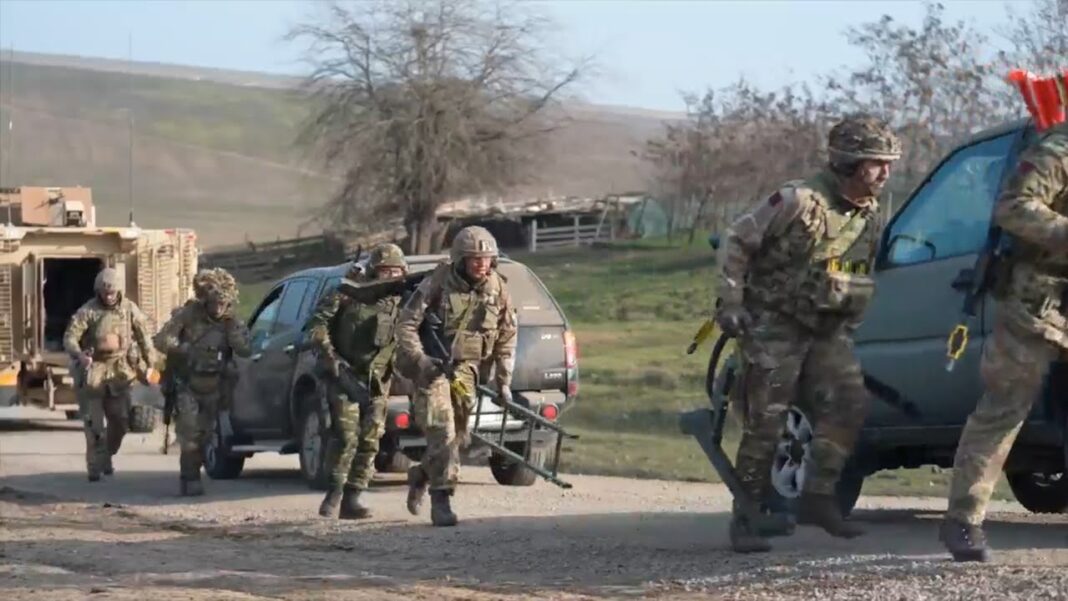The party’s flagship event is usually held every four years, primarily to nominate a candidate for that year’s presidential election
WASHINGTON—President Donald Trump on Aug. 28 suggested that he may call on the Republican National Committee (RNC) to host a Republican National Convention midway through his presidential term, sometime before congressional elections in 2026.
Trump suggested that the convention would be a way to showcase his administration’s initiatives to voters before the elections, when the entire U.S. House of Representatives and a third of the U.S. Senate will be subject to election.
“We have raised far more money than the Democrats and are having a great time fixing all of the Country Destroying mistakes made by the Biden Administration, and watching the USA heal and prosper,” Trump wrote on his TruthSocial platform. “The results are incredible, a record pace!!! In that light, I am thinking of recommending a National Convention to the Republican Party, just prior to the Midterms. It has never been done before.”
Party conventions are usually held every four years, in the final year of a president’s term, with the locations being chosen years in advance and preparations being extensive. While the conventions bring together party officials from across the country to discuss ideas and policies, the primary purpose of the event is to elect the party’s nominees for president and vice president of the United States in the upcoming election, and the convention’s main attendees are delegates chosen through the process of primary elections.
The Democratic Party has an identical arrangement of party conventions, whose planning is often coordinated with the Republican Party so as to ensure each convention runs unimpeded. Conventions are usually held in major U.S. cities, which benefit from the sizable effect on the region’s local economy in the form of travel, tourism, hospitality, food, and spending on other services.
Miniature party conventions between presidential elections have been conducted before, with the Democratic Party holding them in 1978 and 1982. They were discontinued after the 1984 election, when Republican President Ronald Reagan won reelection in a landslide victory that carried 49 of 50 states, amid concerns about a waste of resources.
By Arjun Singh







